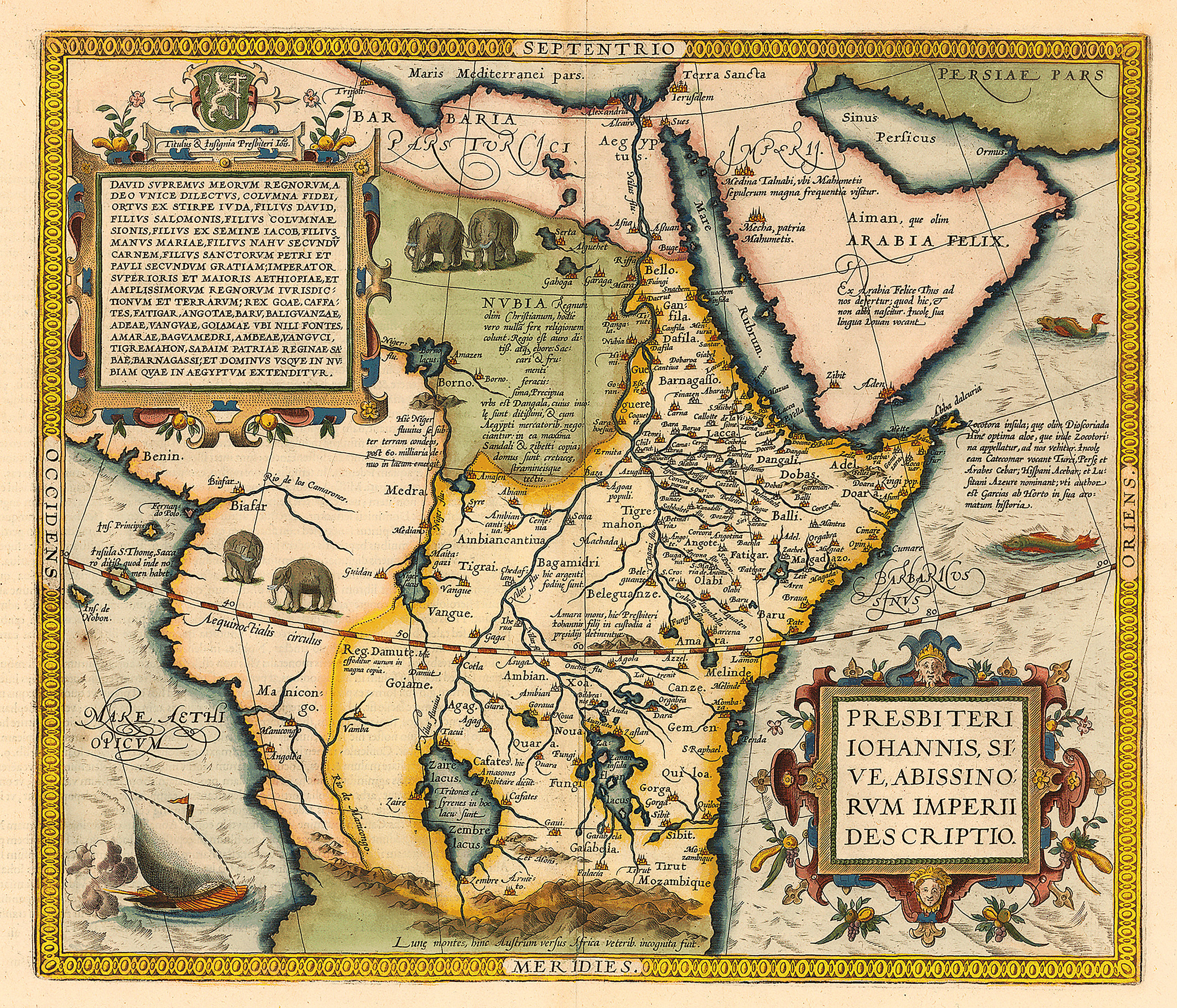
As the Russian government continues its murderous and destructive war on Ukraine, it seems a good time to turn to a voice for peace. Here’s a poem from the time of what is still called, mistakenly, the English Civil War, by an obscure poet from Norfolk, Ralph Knevet. Entitled ‘The vote’, it is a simple plea for the laying down of arms and welcoming a new age of peace.
The Helmett now an hive for Bees becomes,
And hilts of swords may serve for Spiders loomes,
Sharp pikes may make,
Teeth for a rake:
And the keene blade, th’ arch enemy of life,
Shall bee digraded to a pruneing knife:
The rusticke spade
Which first was made
For honest agriculture, shall retake
It’s primitive imployment, and forsake
The rempires steepe,
And trenches deepe.
Tame conyes [rabbits] in our brazen gunnes shall breed,
Or gentle Doves, their yong-ones there shall feede:
In musket barrells
Mice shall raise quarrells
For their quarters: The ventriloquious drumme
(Like Lawyers in vacations) shall be dumme:
Now all recrutes
(But those of fruites)
Shall bee forgott: and th’ unarm’d Soldier,
Shall onely boast of what Hee did whilere [formerly],
In chimneys ends,
Among his freinds.
If good effects shall happy signes ensue,
I shall rejoyce, and my prediction’s true.

Not much is known about Ralph Knevet. He served as a tutor to the powerful Paston family of Oxnead Hall, Norfolk, before becoming a minister at Lyng in the same county in 1652. In 1628 he had published Stratiōtikon, or, A discourse of militarie discipline, but by the 1640s he was clearly depressed by the violence and horror of the Civil War. ‘The vote’ belongs to a collection of mostly devotional poems that he wrote in imitation of George Herbert and called ‘A gallery to the temple’. The poems were only published in the twentieth century.
Knevet is no George Herbert – his thought is unilinear and his style on the clunky side – but he mixes up some memorable images within his straighforward theme. There are echoes of literary forerunners, most obviously the book of Isaiah (2:4: ‘they shall beat their swords into ploughshares’,) but also Virgil’s Georgics, also written in the aftermath of another civil war:
Scilicet et tempus veniet cum finibus illis
agricola incurvo terram molitus aratro
exesa inveniet scabra robigine pila,
aut gravibus rastris galeas pulsabit inanes,
grandiaque effossis mirabitur ossa sepulchris.The day will surely come when the farmer,
Working this land with his curved plough,
Will unearth spears eaten away with rust,
Whack with heavy rake empty helmets
And marvel at ditches disgorging giant bones.Georgics, book 1, l. 493-7 (my translation)
You get the feeling, though, that Knevet’s poem isn’t just a literary imitation or an exercise on a stock theme, but a product of an emotional recoil from the disasters of war and exhaustion from its effects. The word ‘vote’ in the title here doesn’t carry its modern meaning but signifies ‘prayer’ or ‘ardent wish’ – for peace to break out after long years of conflict. His poem isn’t all prayerful: he has fun with his animals (rabbits, doves and mice), and can poke fun at loud disputatious lawyers (‘drumme / like lawyers in vacation … ‘dumme’).

‘The vote’ has been anthologised a few times and is probably the best-known of Knevet’s poems. Autograph versions of five other poems from ‘A gallery to the temple’ came to light in 2021 when they were bought by the Brotherton Library in the University of Leeds (helped by a grant from the Friends of the National Libraries). There’s something very peculiar about this manuscript. The poems are written on the blank verso of a map by the famous cartographer Abraham Ortelius, taken from his Theatrum orbis terrarum (theatre of the world), the first world atlas to be published. The sheet is a map of north-east Africa and shows the mythical kingdom of Prester John.

The peculiar thing is that Ortelius’s atlas would have cost an arm and a leg in the seventeenth century, as it would today. Why would Knevet have chosen to scrawl on one of its pages? Was paper so scarce that he had no choice? And how did he come to possess the sheet (or the complete atlas) in the first place?
This is not the only occasion when Knevet drafted poems on the back of plates from Ortelius’s atlas. There are two other examples, including another in the Brotherton Library, where three poems are written on the back of a map of Poland.
Another unanswered question is this: are the poems linked to the map by accident, or is there some connection?
One of the poems on the back of the Prester John sheet might hold a clue. Entitled ‘The world’, it contrasts the ‘prison’ of this earthly existence, this ‘stage of strife’ (another Civil war echo?) with the eternal life to come.
What magicke spell
Confines mee to this Circle wide?
What characters devis’d by arts of Hell,
Have my affections to this prison ty’d?
This place of exile, where my life,
No better is then lingring death;
This stage of strife,
Where with such paine I draw my vitall breath.
The poet goes on to hope, however, that God will grant him comfort and protect him from harm ‘till Death shall with impartiall blade, / This knot divide, / And all my sorowes in the grave unlade’.
Ortelius’s map, maybe, symbolises the temporal ‘World’, and his mapping of Prester John’s (entirely imaginary) empire, the futility of human power, while the ‘Circle wide’ seems to echo the red line Ortelius uses to mark the equator on his map. Knevet’s other, devotional world is literally the flipside of the terrestrial, mortal and sometimes mythological world of the mapmaker.
Note. Richard Rodney Bennett included ‘The vote’ in his 1983 work for chamber choir, Sea change.

Leave a Reply